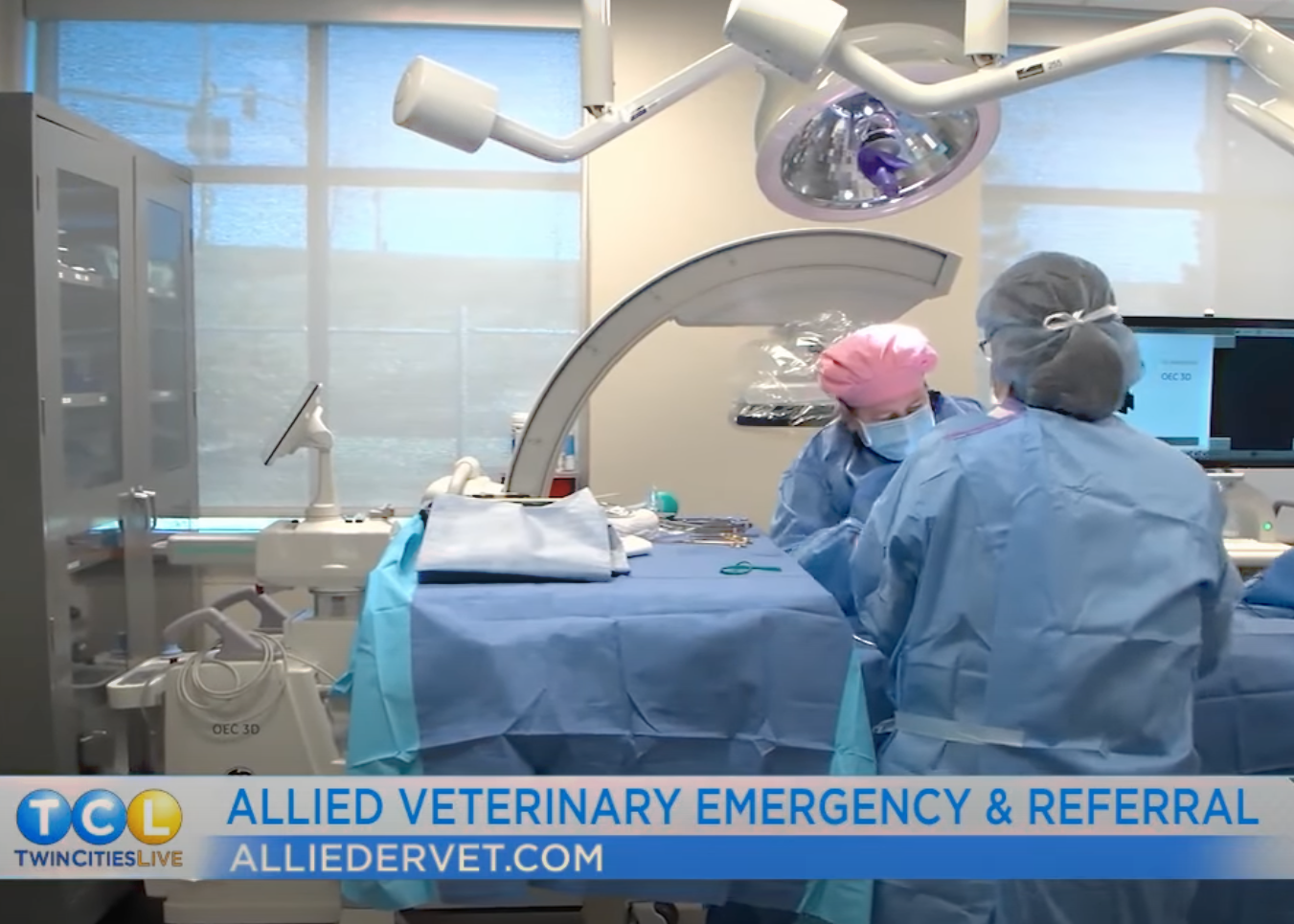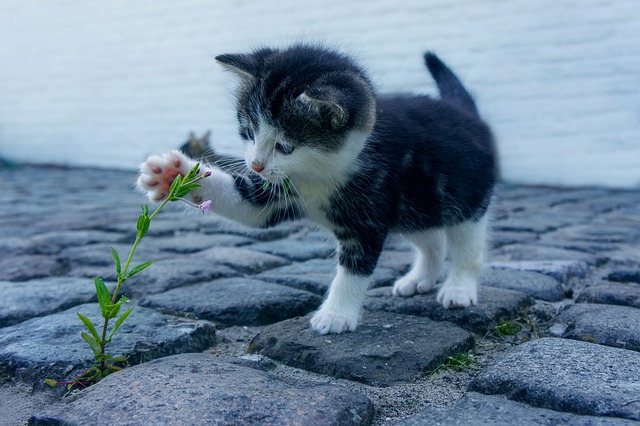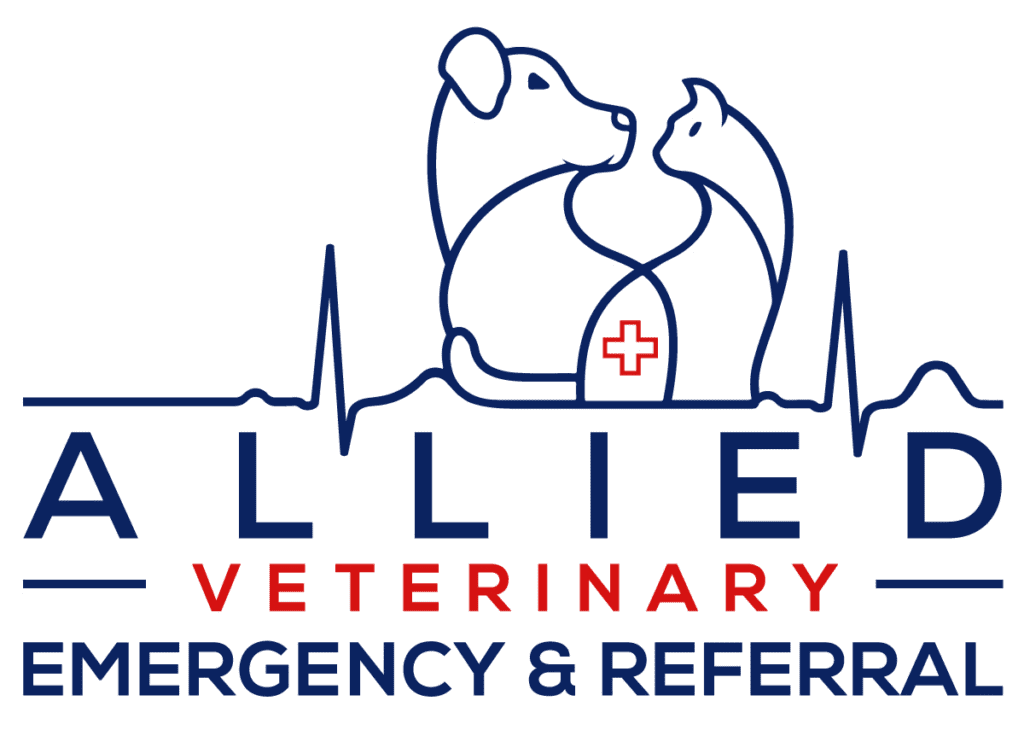We're in the News AGAIN!

See us on Twin Cities Live (taped April 11, 2025)

Investing in our Future Through Volunteerism with Kids

We love getting out into the community and exposing students to careers working with animals. Dr. Patrick Campbell volunteered his time with a local kindergarten to promote becoming a veterinarian. Lots of questions and interest as it’s clear the kids love their pets. But we think Dr. Campbell had more fun than anyone!

Do You Know What it Takes to Become a Specialist?

Did You Know?
We have 6 board-certified veterinary specialists on our team who are experts at diagnosing and treating complex or uncommon conditions in pets. To become a specialist, a veterinarian must complete a 4-year veterinary degree, a 1-year internship, and a 3-4-year residency in an accredited program. Upon completion of the residency, they must pass a series of examinations called boards. Some specialties also require the publishing of original research as well. Only after all these years of training are they able to earn the title of specialist.
- Surgery: Dr. Chiu, Dr. Kiefer, Dr. Losinski
- Internal Medicine: Dr. Cunningham
- Oncology: Dr. Custead
- Cardiology: Dr. Stewart
Working with Your Primary Care Veterinarian

Primary care veterinarians often refer their patients to Allied when they believe they can benefit by the expertise and advanced equipment, typically only found at a hospital like ours. While a referral is not required to schedule a consultation with one of our specialists, working with your pet’s regular veterinarian as a health care team is always preferable so they can seamlessly perform any follow-up care necessary. Questions about any of our specialties? Just give us a call at (763) 463-9800.
Allied in the Community

Are we having fun yet? You bet!
One of the things we enjoy most is supporting our communities through sponsorships and participation in worthy causes.
- Allied was a sponsor of Woof and Hoof, a 5K race put on by the University of Minnesota Veterinary Students and benefitted Ruff Start Rescue. It raised approximately $10,000!
- Coming Up – We have put together a team for the Animal Humane Society’s Walk for the Animals. Of course we’re encouraging those who can to donate, but cheering us on is appreciated too. Event info: Rain or shine, gates will open at 9 AM on Saturday, May 3, at the International Bazaar in the Minnesota State Fairgrounds. We’ll begin walking at 10 AM and wrap up our fun-filled day by 1 PM.
- Next Up – We’re heading to Eau Claire for the 39th Annual Fido & Friends Fun Run/Walk at Carson Park – Pine Pavilion on Saturday, May 17th, from 7:30 AM to Noon. You can enjoy a scenic run/walk, raffles, and visits to vendor booths — it’s a great way to support animals and connect with fellow pet lovers!
- Finally – Join us for the 3rd Annual Tails & Trails Walk on Sunday, May 18th, at the Coon Rapids Dam Regional Park. This is a fundraising walk benefiting Ruff Start Rescue. The best part is your dogs are welcome to join you for activities and on the course! There will be vendors, food trucks, family-friendly activities, live music, & more.
Common Emergencies: Toxic Plants – There are SOOO Many!

Many of us have heard that lilies in particular are toxic to cats, and poinsettias are sure to cause a dog gastrointestinal distress, but there are actually hundreds of plants that are on the toxic list. With Spring upon us, be safe and use these lists as a guide.
If a dog or cat ingests a toxic plant, immediate veterinary care is crucial. Treatment often involves inducing vomiting, administering activated charcoal, and providing supportive care like IV fluids and medication for specific symptoms. The specific treatment will depend on the type of plant, the amount ingested, and the animal’s overall condition.
When visiting the ER with a pet that has ingested something they shouldn’t have, if possible, identify the specific plant the pet ingested, as the type of toxin can influence treatment. When in doubt, seek veterinary care immediately. You can also call the Pet Poison Helpline at 855-764-7661. Fees may apply.
Ask a Vet: My cat lives indoors, why does it still need flea and tick preventive medication?

Fleas and ticks can enter your home through various means, even without direct contact with the outdoors. Other pets, or even you, can bring them in from the outside too. Fleas can live and thrive in warm, enclosed spaces like your home, making it easy for them to infest your indoor cat. Fleas and ticks are active year-round, so it’s important to provide preventive care consistently. If your pet took a break from preventive medications over the winter, it’s time to visit your primary care veterinarian and get them back on schedule. Prevention is much less expensive than treatment for one of the diseases that these pests carry. And your pet will thank you.
